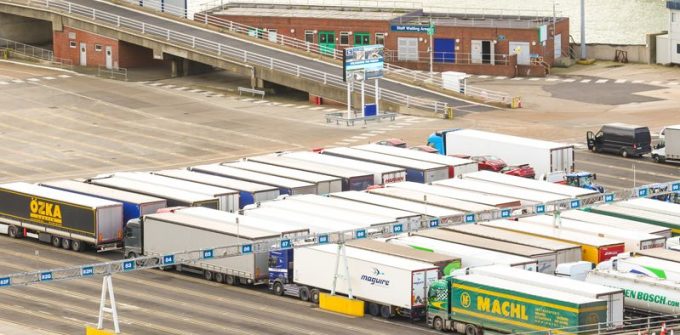Costly import red tape means UK food prices will rise, expert warns
UK food importers are clashing with the government over a threat of inflationary increases to ...

UK businesses are sourcing solutions to changes in the customs environment, but some are still experiencing substantial problems from full import controls at the border.
E-commerce businesses seems to have seen “the biggest tanking”; Diamond Logistics noting at the start of the month that some 70% of its UK-import activity had “fallen off a cliff” after the introduction of customs controls at the border.
One source told The Loadstar direct mail orders had dropped by close to a third.
With the pandemic still holding ...
Maersk u-turn as port congestion increases across Northern Europe
Maersk Air Cargo sees volumes fall as it aims for 'margin in favour of revenue'
Keep our news independent, by supporting The Loadstar
Container spot rates diverge: to Europe still falling, but firmer to the US
Hapag-Lloyd won't take bookings if port congestion leaves cargo stranded
Ecommerce likely the front-runner in resurge of transpacific trade after deal
Airfreight players eye new routes as demand on the transpacific nosedives
Service chaos from trade ban with India a problem for Pakistan shippers
China-US trade tariff pause could drive a rebound for transpacific rates
Airfreight rates ex-China 'loss-making', but hopes of a trade deal stay high
Indian coastal freight attracts major carriers, but regional tension disrupts
Serious threat to jobs in US logistics as tariffs cause economic 'stagflation'
APMM floats along on 'solid' Q1 profitability in Ocean, well prepared for choppy water
MSC in terminal switch as Nhava Sheva gets strong start to new fiscal year
White House u-turns see freighters flying but keep logistics players on their toes
Carriers impose 'emergency operation' surcharges on Pakistan cargo


Comment on this article